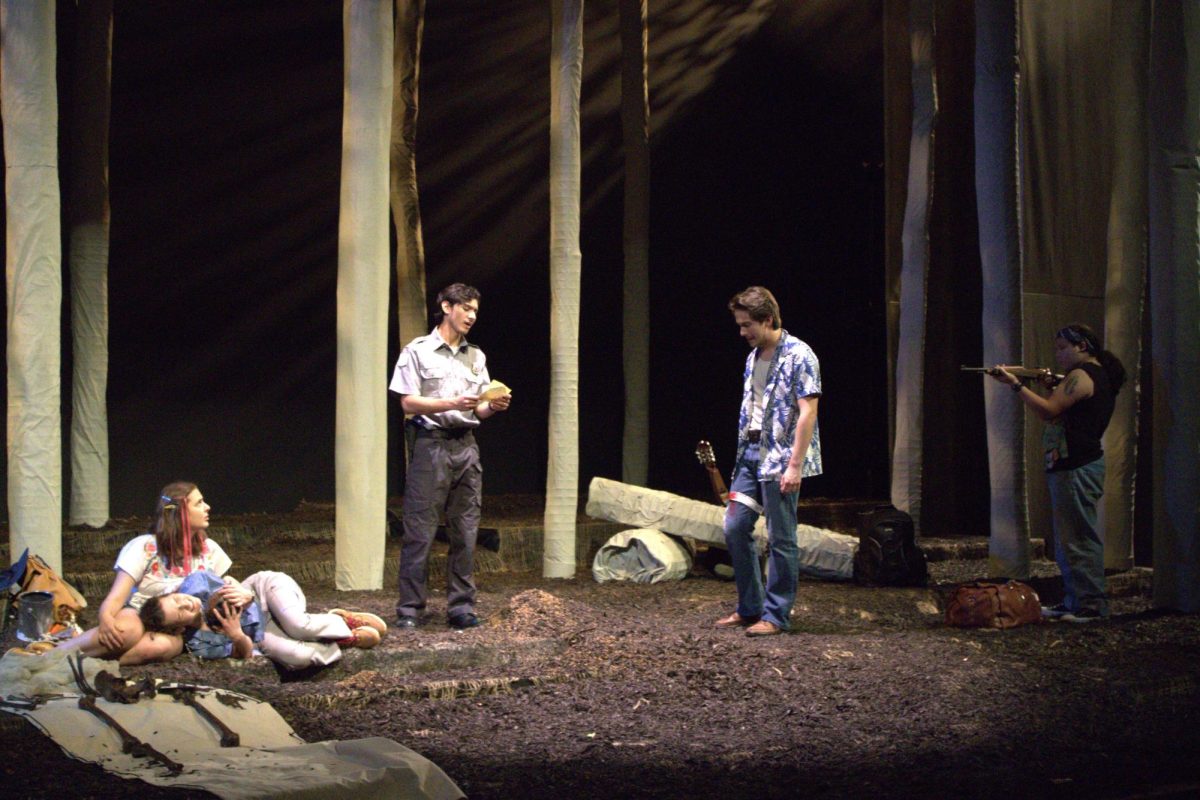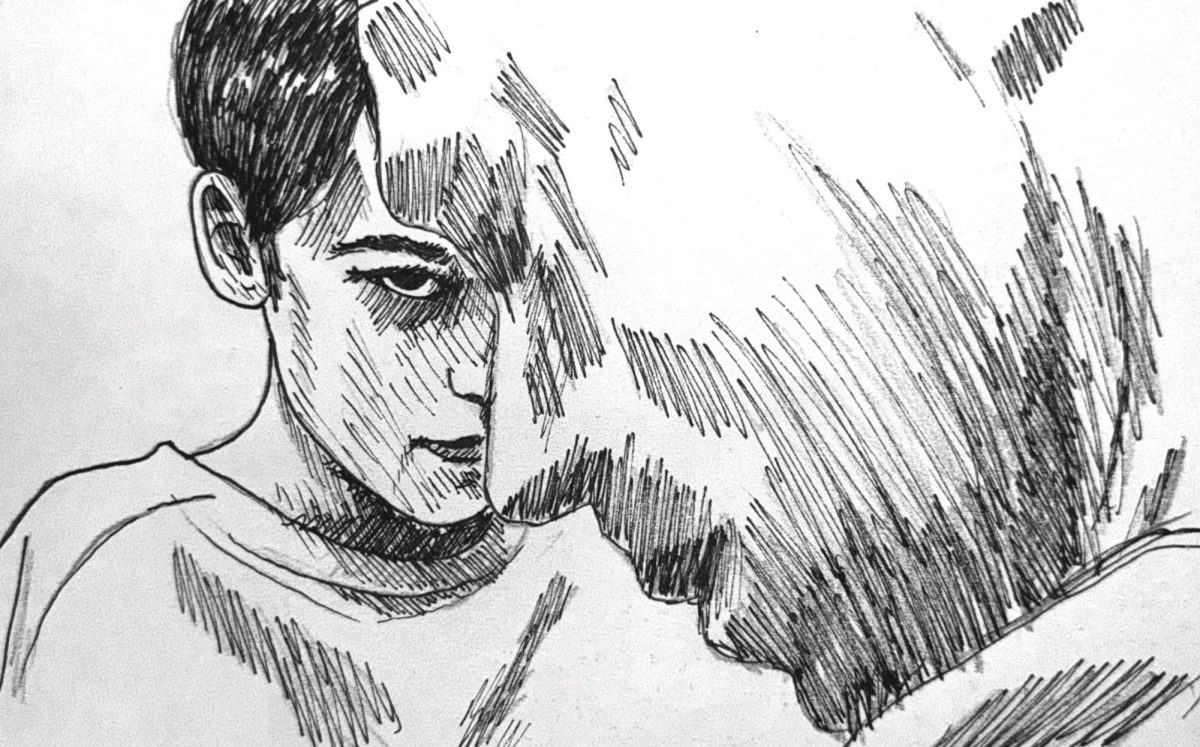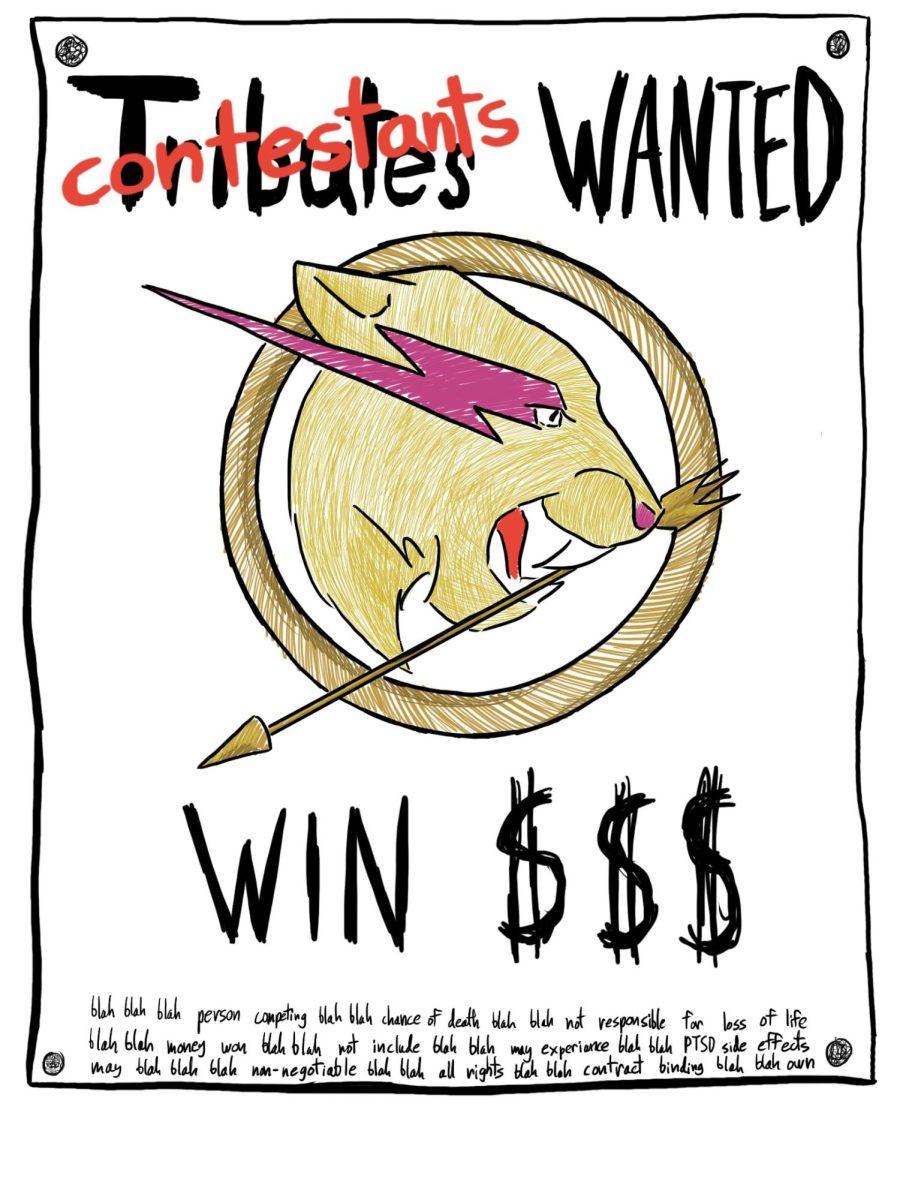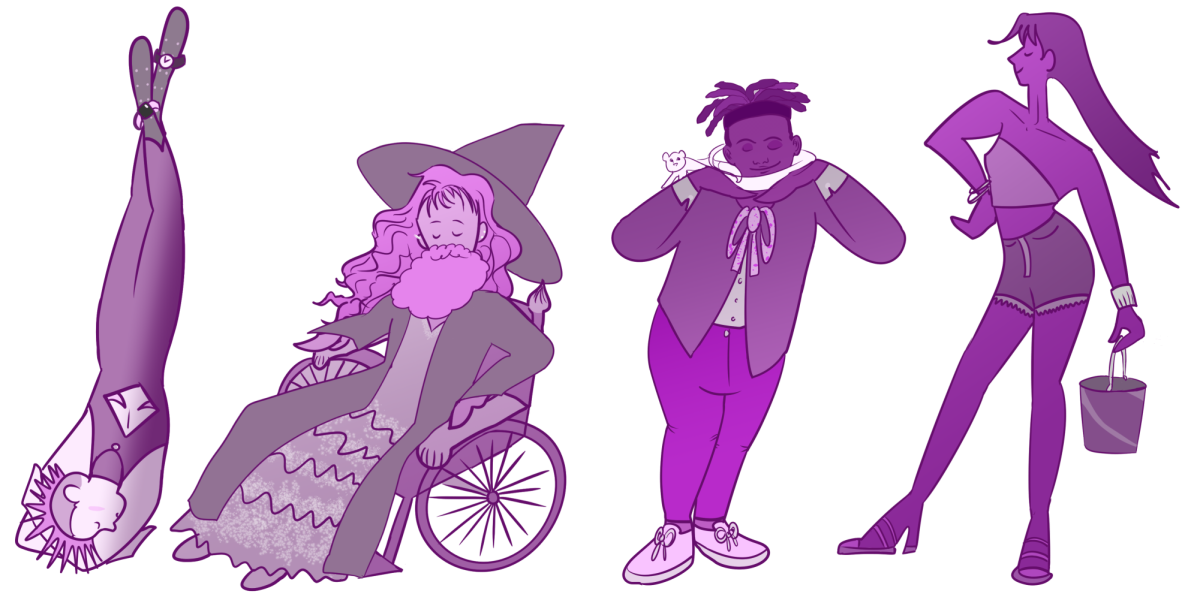I arrived a few minutes late to the finale of the Trinity Mainstage production of “The Wolves” on Saturday night, only to be bombarded by talks of Cambodian dictators and feminine hygiene products. I was, so to speak, thrown into the “wolves’ den.” Little did I know that the actual wolves’ den would not be on the main stage, but rather in the comments section of Georgie Riggs’s Trinitonian article entitled “Let’s Throw it to ‘The Wolves.’ ”
Now, I am not here to defend the opinions of the writer of this article, but rather her right to have them. I do not, by any means, agree with everything that she said — but I do understand where she was coming from. The writer clearly states that she is not a fan of political theatre; however, she also gives props where props are due. She highlights the aspects of the performance that she enjoyed and gave her honest take on Sarah DeLappe’s play “The Wolves.” Does the writer have the credentials to write about theatre? No. But is she entitled to her opinion? Undeniably.
Yet the comments section of her article is filled with two long and condescending “anonymous” — or as I like to call it, cowardly — rants written by people who obviously disagree. These commenters felt the need to berate her for having an opinion that doesn’t align with their own. While I was perusing these comments, I noticed a commonality. The anonymous commenters both throw around the phrase (and I’m paraphrasing here) “Google it.” How ridiculous of a retort is that? “Google it.” Google what? Her personal opinion?
One of the commenters even had the audacity to write “please do your research before you make your own conclusions,” as if the writer must consult with the internet and find at least one other opinion that validates her own. Opinions, especially about something as subjective as art and theatre, do not need to be Googled. “Google it” is a retort that should only used when a question is asked. For example, one could Google “what is an opinion?” In fact, I urge the two anonymous commenters to do this. They may be surprised at what they find.
If Georgie Riggs’s review of “The Wolves” is your breaking point for criticism, then I suggest you develop agoraphobia and never leave your house again. I guarantee that you will encounter much worse criticism outside of the Trinity bubble because the real world doesn’t care about your feelings. Broadly speaking, no one is obligated to like someone’s work just because of the blood, sweat and tears that they put into it. There will always someone out there who will criticize everything that you do and stand for. If you are a creator or a performer, then you need to toughen up. Otherwise, you’re in the wrong line of work.
In conclusion, art is subjective and open to both interpretation and criticism. As one of the commenters said, “theatre and criticism have always been partners.” So — and this is for everyone reading — if you are criticized, take it with a grain of salt. Similarly, if someone holds an opinion that differs from your own, don’t take it personally. Art is about taste, not hard facts. Trying to make people feel inferior because they don’t hold theatre on the pretentious pedestal that you do is ridiculous. Grow some thick skin. And if you don’t know how, Google it.






